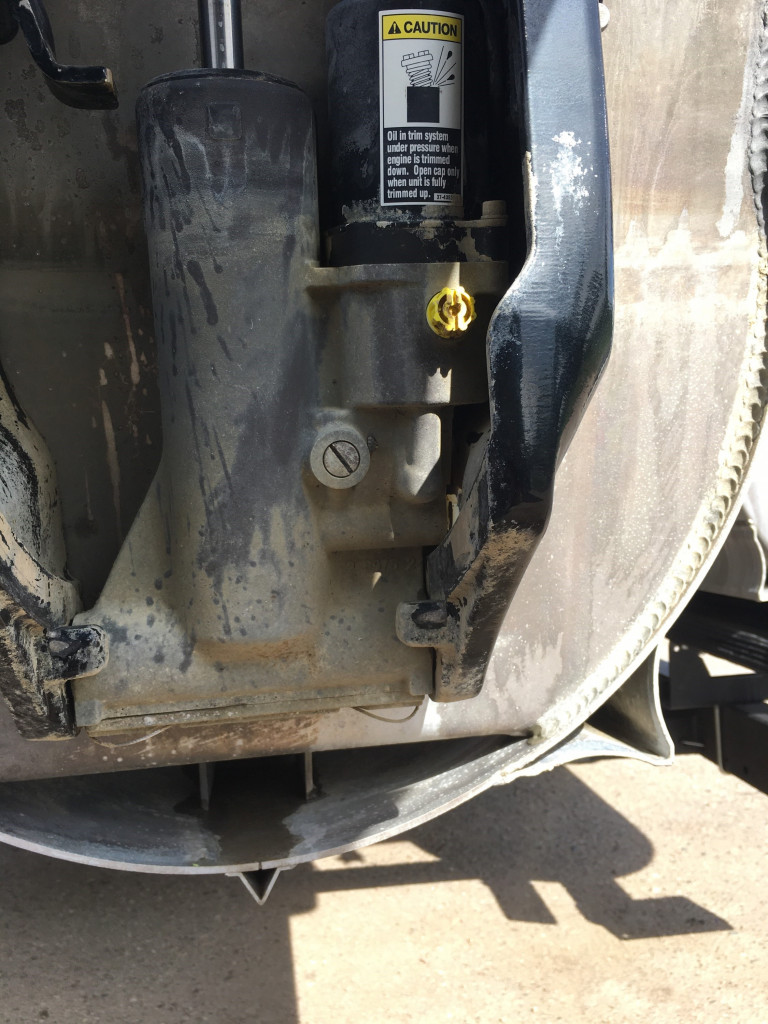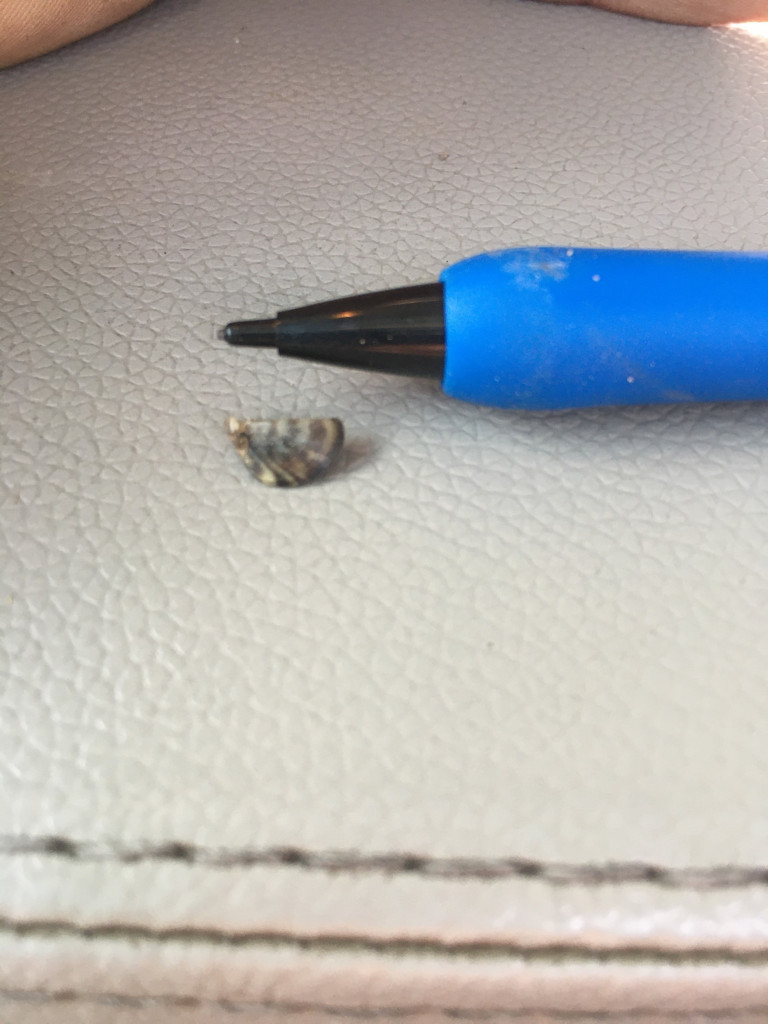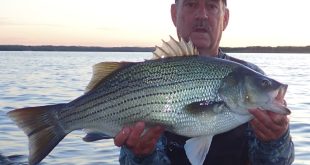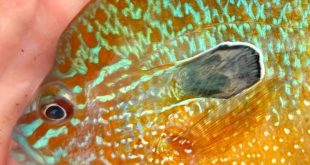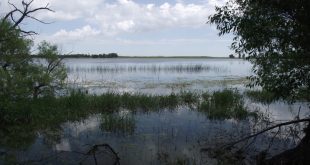Spreading another news release around. . . . If you have a boat, any kind of boat, this is very important!
Check boats, lifts, and docks for invasive aquatic hitchhikers as weather cools
LINCOLN, Neb. –Nebraskans are urged to check boats, boat lifts and docks for invasive species when removing them from water bodies for the winter.
Aquatic hitchhikers like zebra mussels can live up to two weeks out of water, and several lakes across the Midwest are first noticed to be infested by people removing boats, lifts and docks for the winter.
Young zebra mussels – or veligers – are invisible to the naked eye and can be spread through drops of water left undrained. All boat lifts and docks should remain out of the water and dried for 21 days before placing them into another water body.
A zebra mussel is a highly invasive aquatic species that looks like a D-shaped clam, with alternating light and dark bands. Most zebra mussels are less than an inch long. They form dense colonies and filter large quantities of plankton from water, decreasing the food supply for native species. In addition, these mussels pollute swimming areas with sharp shells and clog water intake pipes.
The Missouri River has an existing zebra mussel population along its entire length downstream of Gavins Point Dam. Lewis and Clark Lake, Lake Yankton and the Offutt Base Lake are the only other confirmed Nebraska waters that have established zebra mussel populations.
The Nebraska Game and Parks Commission annually samples dozens of lakes for early sign of zebra mussels. It also not only inspects watercraft for invasive species each year, but in 2021, it set a record by inspecting more than 2,000 watercraft.
“In Nebraska, we are fortunate we do not have more lakes infested with zebra mussels,” said Kristopher Stahr, Nebraska Game and Parks Commission aquatic invasive species program manager. “To keep our lakes invasive-free, we need everyone to always clean, drain and dry their watercraft and to report new infestations quickly.”
Game and Parks regulations require anglers, hunters and boaters conduct clean, drain and dry procedures before leaving a water body and are not allowed to arrive at a water body with any water from another water body. Visit stopaquatichitchhikers.org for details and for more information on aquatic invasive species.
Report any suspected observation of zebra mussels or other aquatic invasive species to Game and Parks at 402-471-7602 or at ngpc.ais@nebraska.gov.
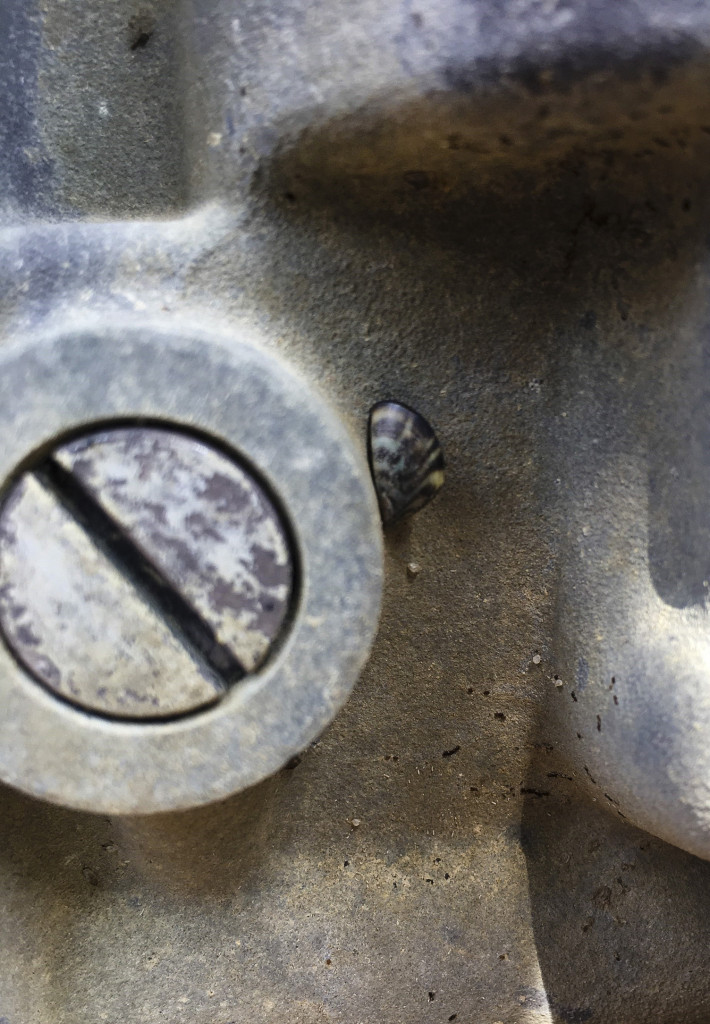
Look close, here are two more photos for perspective:
 Nebraskaland Magazine
Nebraskaland Magazine
